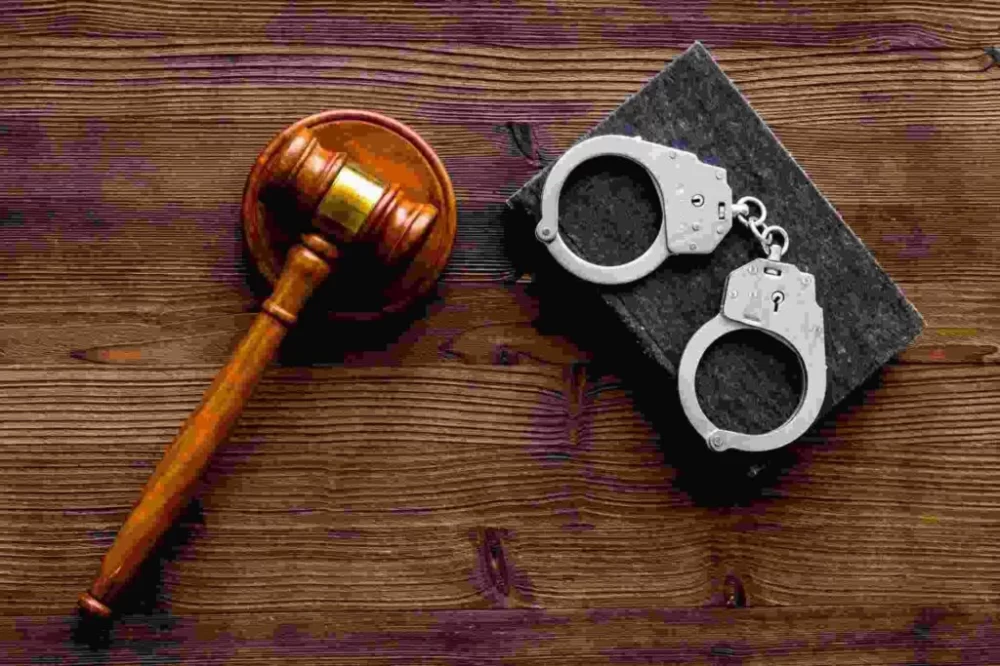- Understanding Criminal Convictions on Record
- Factors Affecting the Duration of Criminal Convictions
- Differences Between Felony and Misdemeanor Records
- Expungement and Sealing of Criminal Records
- Real-Life Examples of Criminal Record Impact
- Legal Assistance for Managing Criminal Records
Understanding Criminal Convictions on Record
Criminal convictions are officially documented offenses that appear on a person's record, often accessible by employers, landlords, and sometimes the public. Knowing how long criminal convictions stay on record is crucial for anyone seeking to rebuild their life after a conviction or to understand potential long-term consequences.
The duration that a criminal conviction remains on record can vary greatly depending on the jurisdiction, the severity of the offense, and whether any legal actions like expungement have been taken. Generally, criminal records can stay indefinitely unless steps are taken to remove or seal them.
Why Criminal Records Matter
Having a criminal conviction on record can affect employment opportunities, housing options, and even professional licensing. Understanding the timeline and process surrounding these records helps individuals plan their next steps and protect their rights.
Factors Affecting the Duration of Criminal Convictions
Several key factors influence how long criminal convictions remain visible on a record:
1. Nature of the Offense
Serious crimes such as felonies often stay on records longer than misdemeanors. Violent or sexual offenses, for example, may never be removed, while minor infractions might be eligible for quicker expungement.
2. Jurisdictional Laws
Each state or country has distinct laws regulating criminal record retention and expungement eligibility. Some jurisdictions have clear timelines after which records may be sealed or expunged, while others maintain records permanently.
3. Completion of Sentence and Rehabilitation
Records usually remain until the sentence is completed, including probation or parole. Demonstrating rehabilitation, such as completing educational programs or community service, can influence eligibility for record sealing.
Differences Between Felony and Misdemeanor Records
Felony convictions are generally considered more severe and carry longer-lasting consequences on an individual’s record compared to misdemeanors.
Felony Records
Felony records often stay on file permanently unless expunged, which is typically more difficult to obtain. These records can impact voting rights, professional licensing, and immigration status.
Misdemeanor Records
Misdemeanor records may be eligible for expungement or sealing after a shorter period, sometimes as soon as a few years post-sentence, depending on the offense and jurisdiction.
Expungement and Sealing of Criminal Records
Expungement is a legal process that allows an individual to have certain criminal records erased or hidden from public view. Sealing a record means it is hidden but may still be accessible to law enforcement and some employers.
The criteria for expungement vary widely but often include a clean record since the offense, completion of all sentencing requirements, and sometimes specific waiting periods.
Benefits of Expungement
Expunging a criminal conviction can significantly improve a person’s ability to find employment, secure housing, and restore personal reputation. However, it is important to consult legal professionals to understand eligibility and navigate the process effectively.
Real-Life Examples of Criminal Record Impact
Consider the case of James, who struggled to find employment for years because of a misdemeanor conviction on his record. After consulting with legal experts and successfully petitioning for expungement, he was able to secure a stable job and rebuild his life.
On the other hand, Maria faced challenges due to a felony conviction that remained on her record indefinitely, affecting her professional licensing. Her story highlights the importance of seeking professional advice to explore possible legal remedies.
Legal Assistance for Managing Criminal Records
Handling criminal convictions on record can be complex, and professional legal guidance is often necessary to navigate this landscape. Fred Miller Lawyer provides specialized assistance in understanding how long criminal convictions stay on record and offers support in pursuing expungement or record sealing.
With expert legal advice, individuals can better understand their rights, the specific laws in their jurisdiction, and the most effective steps to clear or manage their criminal records, leading to greater opportunities and peace of mind.


 blaszkow legal
blaszkow legal 249 east ocean blvd long beach
249 east ocean blvd long beach sgro and roger
sgro and roger bernie mcevoy attorney
bernie mcevoy attorney disability attorney salt lake city
disability attorney salt lake city potra law
potra law